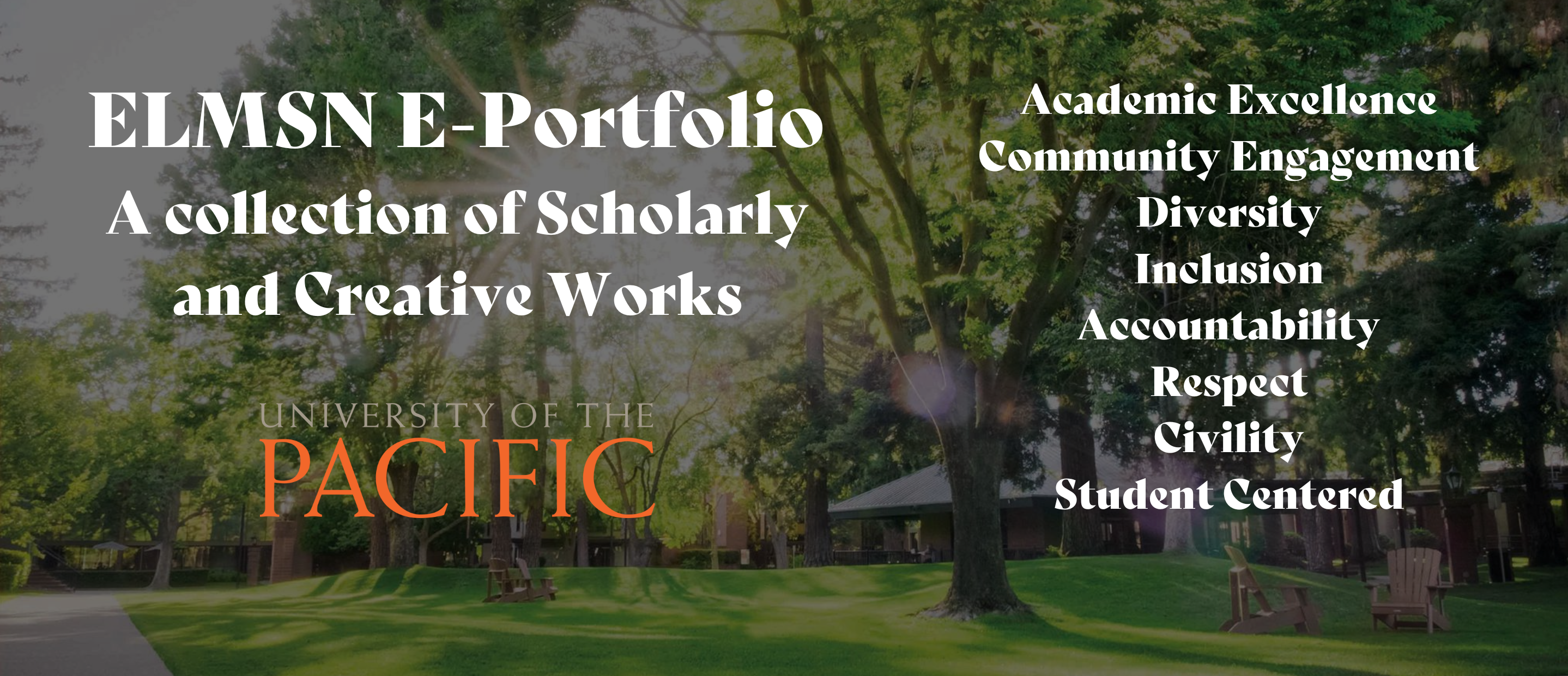Files
Download Primary (5.8 MB)
Course Name
Clinical Improvement Project II CAPSTONE
Graduation Year
2025
Faculty Advisor
slee8@pacific.edu
Abstract
AIM: Camino a la Salud addresses diabetes in one of the most affected populations in San Joaquin County, older Hispanic adults and their caregivers. This project aims to increase diabetes knowledge, confidence, and self-management among older adults in Stockton through culturally tailored education and hands-on learning. The project also provided glucometers and visual teaching tools to support skill development and improve diabetes awareness and prevention in this community.
METHODS: This project included three weekly bilingual diabetes education sessions held at El Concilio during their senior food distribution program. Each session covered a different topic: diabetes risks and complications, understanding glucose and blood pressure numbers, and lifestyle changes for prevention and management. Education was delivered through short presentations, teach-back techniques, and culturally relevant examples. Participants completed pre- and post-surveys, including Likert-scale questions to measure changes in knowledge and confidence. The ADA diabetes risk test, printed materials, and live demonstrations supported learning. Surveys and observations were analyzed using SQUIRE guidelines.
RESULTS: Across the project, there were 66 total session encounters (23 in Session 1, 23 in Session 2, and 20 in Session 3), with 19 participants completing demographic intake forms. Participants were mostly older adults with a mean age of 70.8 years, and the majority identified as Hispanic or Latino. Knowledge and confidence improved following the educational sessions, with survey scores increasing by at least 20 percent across all sessions. Confidence in understanding glucose and blood pressure values increased to a mean of 4.17 (≈30 percent improvement). In the final session, participants reported the highest overall outcome, with a mean score of 4.77, and the majority indicated they planned to adopt at least one healthy lifestyle change, such as improving their diet or incorporating gentle physical activity. These findings show meaningful increases in diabetes literacy and self‑management readiness.
CONCLUSION: Camino a la Salud demonstrated improved diabetes knowledge, confidence, and intention to practice healthier behaviors among older Hispanic adults in Stockton, California. Delivering education in a trusted community setting with bilingual materials and culturally tailored content supported engagement and understanding. Participants showed improved awareness of diabetes risks, greater confidence with glucometer use and interpretation of numbers, and strong motivation to adopt healthier practices. Continued access to culturally relevant education and community partnerships may strengthen long-term health outcomes and reduce disparities for Hispanic older adults living with or at risk for diabetes.
Keywords
Diabetes education, Hispanic older adults, health equity, culturally tailored intervention, community-based program, self-management.
Recommended Citation
Aldaba, Alondra; Irvine, Alexis; Monares, Jazmyn; and Doblados-Wood, Marissa, "Camino a la Salud: Culturally Tailored Diabetes Education for Hispanic Older Adults in Stockton, California" (2025). ELMSN E-Portfolio. A collection of Scholarly and Creative Works. 36.
https://scholarlycommons.pacific.edu/nursing-portfolios/36




